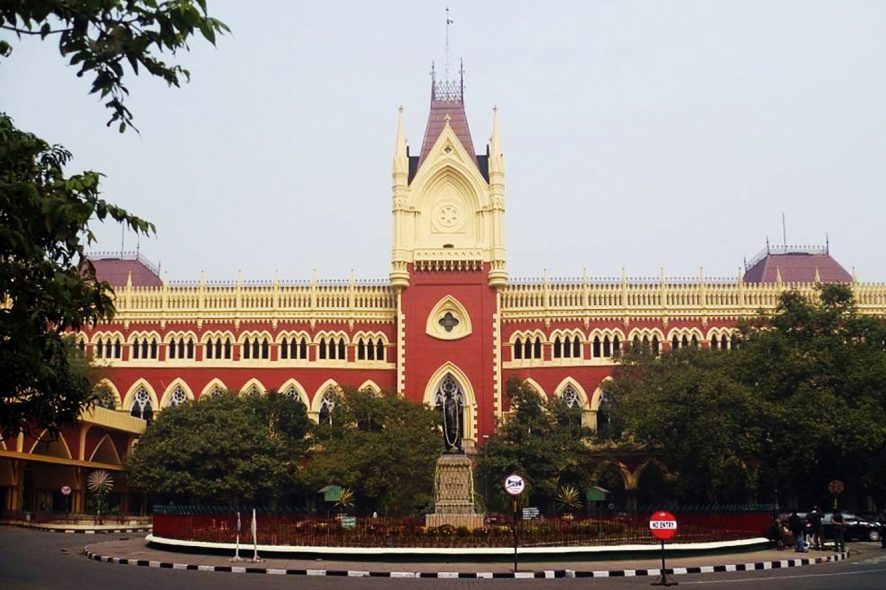Calcutta High Court: Debangsu Basak, J., while addressing a matter with regard to defamation, observed that
“in a civil action for defamation, the plea of absolute privilege protects a statement as no action would lie for it, however false and defamatory it may be, even though, it was made maliciously and with an improper motive.”
Plaintiff claimed that the defendant made a statement in an application seeking divorce from his wife which allegedly is defamatory.
Defendant submits that the cause of action of the plaintiff is barred by law.
Further, he states that a civil action for defamation does not lie in respect of a statement made in a pleading filed in a judicial proceeding.
Advocates Dipak Prahladka and Aindrila De appearing for the plaintiff submitted that the plaintiff was married to the elder sister of the defendants’ wife.
Defendant and his wife stayed at a rented flat in Mumbai. After a few months, wife of the defendant left the defendant and came to Allahabad. After a few days, the wife of the defendant along with her mother went to Mumbai where they were informed that the defendant left the flat. Hence they returned to Allahabad.
Defendant after a few weeks filed a petition under Section 11 and 12(1-b) read with Section 12 (1-d) of the Hindu Marriage Act, 1955 before the Family Court, Ranchi praying for an order of decree of declaration of marriage to be null and void.
Later, the wife lodged a complaint against the defendant under Sections 498A, 406, 313, 323, 504, 506 of the Penal Code, 1860 and Section 3 and 4 of the Domestic Violence Act.
Due to the above-said police complaint, family court had issued summons to the plaintiff for settlement of issues in the divorce petition. The divorce petition contained defamatory statements.
Plaintiff advocate submitted that the civil defamation part is yet to be codified.
A statement once made in a pleading filed before a court of law, is a publication of such statement. Such a statement does not enjoy absolute privilege.
Plaintiff sought a decree of Rs 10 crores against the defendant.
The cause of action of the plaintiff was based on the statements claimed to be defamatory in nature, made by the defendant in a proceeding in which the defendant sought a decree of divorce against his wife.
Laws of defamation recognises that statements made in public can be protected from prosecution in a Court of law under certain circumstances. Absolute privilege attaches to public statements made in certain circumstances.
Defamation
In India, defamation gives rise to two types of liabilities — the civil side and one on the criminal side.
On the criminal side, the liability for defamatory statements is governed by Sections 499 and 500 of the Penal Code, 1860. However, there is no statute governing the civil liability of a defamatory statement.
Plea of Absolute Privilege
Further, in a civil action for defamation, the plea of absolute privilege has been held to be a good defence. Absolute privilege protects a statement as no action would lie for it, however false and defamatory it may be, even though, it was made maliciously and with an improper motive.
For the plaintiff’s application claiming that the defendant is guilty of perjury, defendant tendered an unqualified apology for making the wrong statement and the Court accepted the same. [Atul Kumar Pandey v. Kumar Avinash, 2020 SCC OnLine Cal 994, decided on 17-06-2020]






